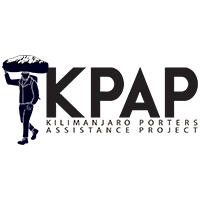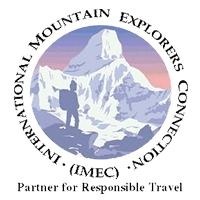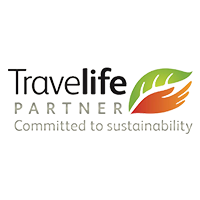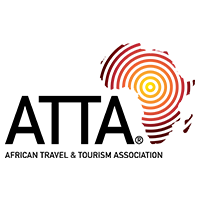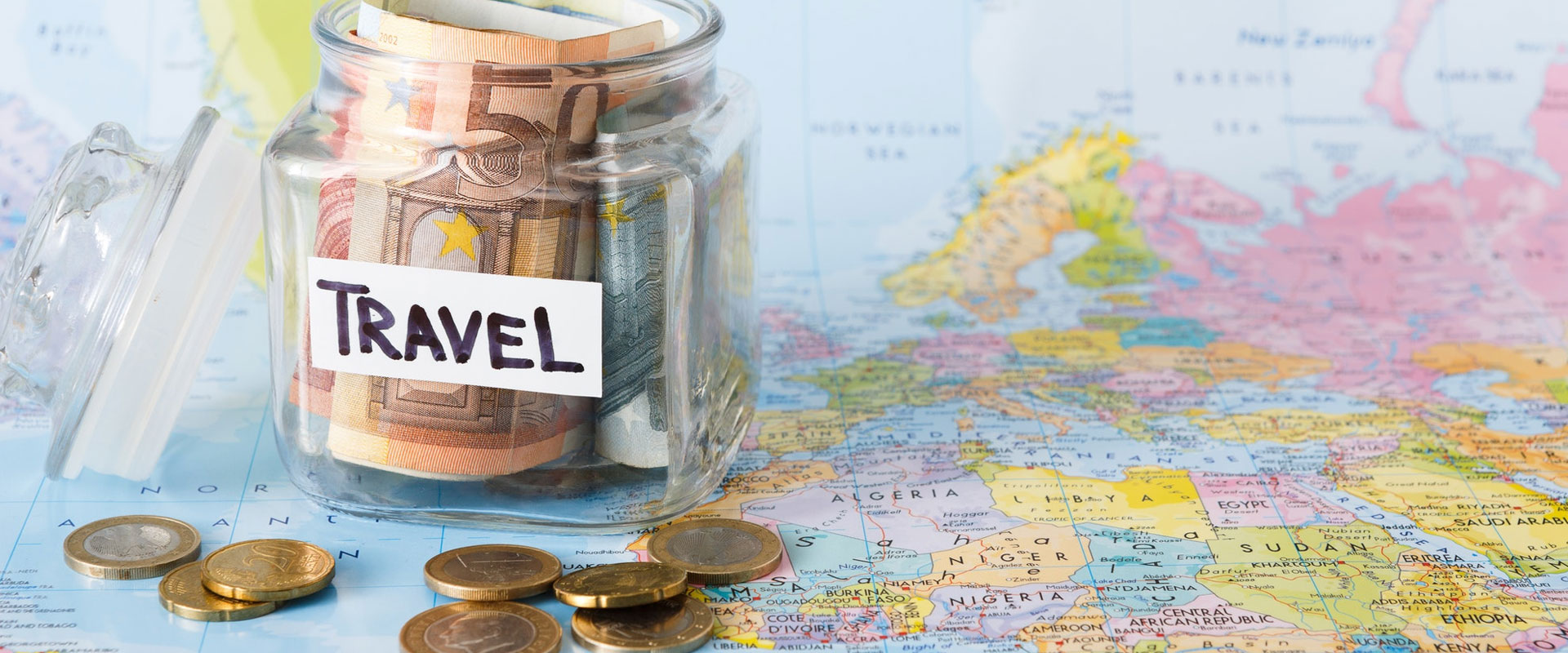
Kilimanjaro Cost
Kilimanjaro Cost
How much does it cost to climb Kilimanjaro? What factors affect climbing prices?
Many different factors affect the climbing prices. A Kilimanjaro climb can cost from $1,400 (standard) to over $7,000 (luxury package) and above. Blend this knowledge with the fact that there are 250 licensed and hundreds of unlicensed operators in the region and making the right choice becomes a major task. In fact, to understand how the climbing Mt. Kilimanjaro cost is formed many different factors should be taken into consideration.
Climbing Kilimanjaro: Price Components
The price of a Kilimanjaro climb is made up of two kinds of costs: fixed, (i.e. park fees per person), and variable, i.e. (transfers and equipment), which are shared between all members of the group and, up to a certain point, lower as the number of climbers grows.
Unless you take the risk of opting for the lowest of offers, slighting most if not all of safety and comfort features that are normally available, the final price of your trek shall include the costs of the following:
Kilimanjaro National Park Fees
Every Mount Kilimanjaro climber is required to pay park fees, which inholds conservation, camping, rescue and crew fees. On Lemosho and Rongai routes special forest fees are also applicable. It is another key element of Mt Kilimanjaro climb cost.
Total Park Fees, depending on route and number of days, will amount to between US$800 and 1,100 (all calculations and prices henceforth are given in USD).
Never trust claims that it is possible to climb Mt. Kilimanjaro and avoid fees by bypassing ranger posts. It is simply impossible to reach Uhuru Peak avoiding any encounters with park rangers. Dozens of those who attempt this are caught every year.
Furthermore, it is dangerous. Bypassing established official routes where climbing permits are checked at each ranger post will bereave you of the possibility of receiving timely assistance from the rangers should such a necessity arise.
Lastly, it is unlawful. Trespassing on National Parks is considered a serious offence in Tanzania. The best-case scenario entails being bereft of the chance of ever experiencing the wonders of Tanzania again after being deported and stiff fines. The worst-case scenario would involve imprisonment.
Kilimanjaro Climbing Crew Wages
Crew wages are the next important component of Kilimanjaro climbing costs. While the rates paid (and charged to the client) may vary, all reputable Tanzanian trekking outfitters have wage systems for their climbing crews. A guide usually receives USD 20-40 per day, a cook - USD 10-15, a porter - USD 7-10, adding to the total cost to climb Mt Kilimanjaro. The final total will therefore hinge upon the size of the crew necessary to serve the total number of climbers and attain a satisfactory level of comfort expected on the climb. Tips, determined by the client's experience while trekking, are also appreciated.
Porter-waiter carries the luggage and equipment during the day and waits at your table during breakfast, lunch and dinner. For his help he receives extra USD 10 per expedition.
Supplies and Logistics
Most climbs sold by reputable outfitters are packages that are inclusive of supplies and logistics, such as transfers and re-supplies, a minimum of three meals and water and many other small but essential items, which add to the overall cost of climbing Mount Kilimanjaro.
Approximate costs that are fairly standard for the industry in Tanzania are: $55/climber
Camping Equipment Costs
A typical climbing package will also include such equipment as sleeping bags and mess tents; cookers and kitchenware; tables and other essential items. As reliable gear means not only comfort but also safety, equipment should be renewed on a regular basis and must be thoroughly cleaned after each climb. Operators must consider how to replace or repair equipment for future treks and pay staff to properly clean items such as sleeping bags and tents.
Average amortization costs are: $50/climber
Taxes and Licenses
All Tanzanian businesses are subject to a variety of taxes. Licensed tour operators also pay for a number of licenses on a yearly basis. This ensures they are legally permitted to operate in Tanzania, and under the authority of the Tanzanian government. Choosing licensed tour operators for your travels means they are responsible to the government, and if you have any issues, safety problems (or your deposit goes missing) they will have to answer to higher authorities. Visitors choosing licensed operators receive consistently excellent service, in part because the operator has made investments and is abiding by the government rules. Unlicensed operators, on the other hand, are invisible to the Tanzanian government and are not legally allowed to offer tourism (including mountain climbing) services. If an unlicensed operator is already willing to break the law to provide climbing expeditions, they are likely to make many more dangerous risks with clients, all in order to make a higher profit.
Tanzania requires a special license to operate mountain climbing expeditions, as well. Some tour operators pay annually for this license or contract a Kilimanjaro climb to a third party that is legally permitted to operate climbs. The downside to this approach is that it usually ends up being more expensive since two tour operators are involved and both are attempting to make a small profit.
Estimated taxes: $60/climber
Climbing Comfort
Long days of trekking and climbing a mountain present physical challenges, even to the most active adventurers. Having sufficient and comfortable rests are imperative to a successful summit. If you are physically fit, but haven’t had a good sleep in three nights, you are risking your entire experience on Kilimanjaro.
Sleeping bags, a specifically-designed meal plan that includes re-supplies of fresh ingredients, satellite phones, oxygen for emergencies, etc. are all part of a successful climb and raise your Kilimanjaro trek cost. However, consider that this extra comfort could mean all the difference in the success of your climb.
The cost of these additional features averages at $50/climber
Safety
Though climbing Kilimanjaro does not call for any specialized training or skills, mountaineering is an inherently dangerous activity. HAPE and HACE (High Altitude Pulmonary and Cerebral Edema respectively) should never be discounted.
Responsible Kilimanjaro climbing operators always keep safety in mind and have safety measures in place that sometimes cause a slight increase in the overall Kilimanjaro climbing cost.
Estimated costs of climbing safety add-ons: $40/climber
Accommodation Before and After a Kilimanjaro Climb
Most Kilimanjaro hiking packages include accommodation before and after the climb. Top-quality hotels in Tanzania are quite expensive: a night in a reasonable 3-star hotel in Moshi will cost $100-120 if booked directly or $80-90 if included in your climbing package. Therefore, accommodation will heighten the cost of your Kilimanjaro trip from the onset, but ultimately save you more money than if you were to book independently..
Estimated costs of accommodation before and after the climb: $160
Finally, we hope that this has provided a clear picture of the factors that contribute to the overall cost of a Kilimanjaro climb. If you have any further questions, feel free to contact us anytime by dropping a mail to us.

